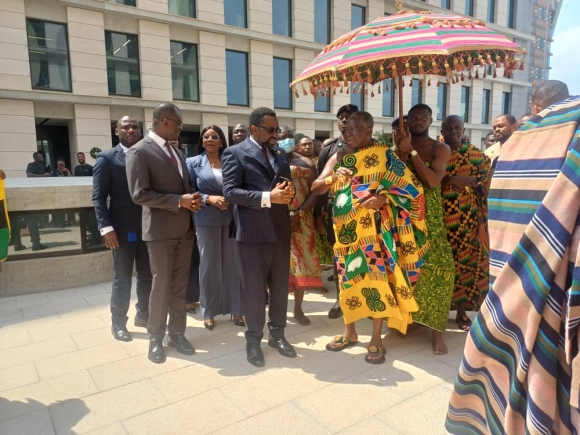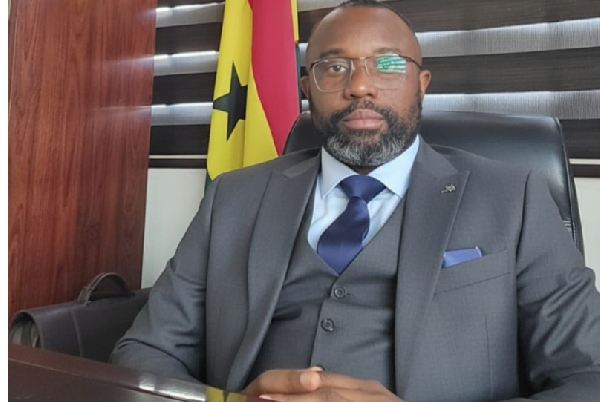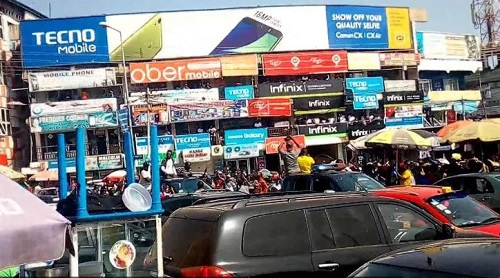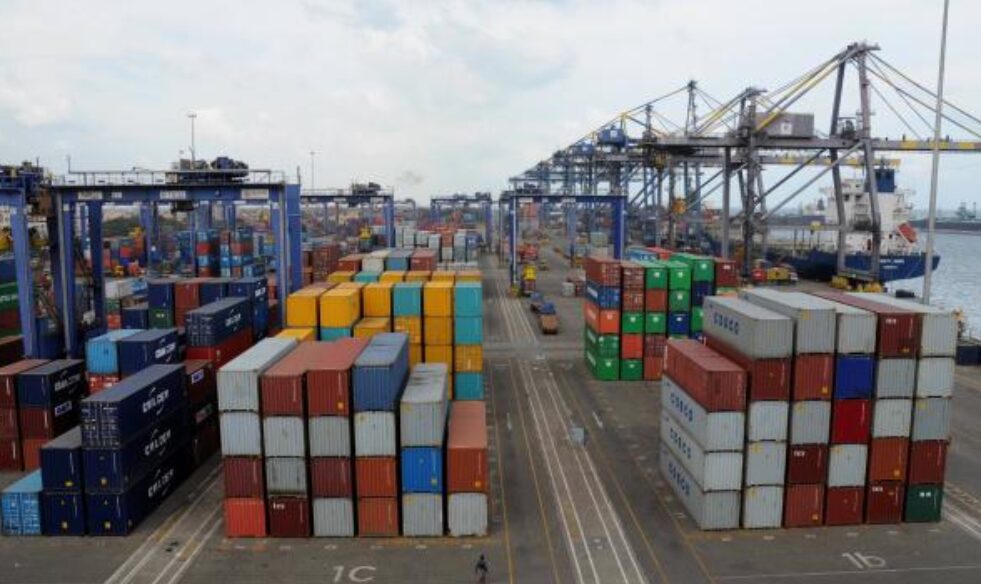24-Hour economy crucial for Ghana is the view of economist Daniel A. Anim-Prempeh, who argues that Ghana must develop around-the-clock economic activities to sustain growth after its IMF program. He emphasizes that only robust night-time and continuous operations can anchor broader development.
Anim-Prempeh explained that projects which support a full 24-hour economy — such as night logistics, manufacturing, services, and energy supply — are key growth drivers. He also called for strict fiscal discipline, stating that unchecked spending would erode gains made under IMF conditions.
He warned that Ghana risks sliding back into economic instability unless new revenue streams are unlocked. The economist recommended that government, private sector, and regulatory bodies coordinate to expand markets beyond daytime hours and ensure infrastructure (power, roads, security) is reliable at all hours.
Additionally, he noted that post-IMF success hinges on transforming regulatory frameworks and investment climates to accommodate continuous operations. That may require incentives for businesses to operate overnight, reform of labor policies for night shifts, and modernizing urban planning to be safer and more active at night.
He urged the government to track performance metrics for after-hours economies and measure their contribution to GDP and employment. According to him, Ghana must not confine growth to daylight hours if it hopes to compete regionally and globally.
Stakeholders in industry and commerce have echoed similar views, stressing that a 24-hour economy would create jobs for youth, reduce congestion during peak hours, and attract more foreign investors who value efficiency. By extending economic activity into the night, Ghana could improve productivity, strengthen exports, and build resilience against future shocks.














